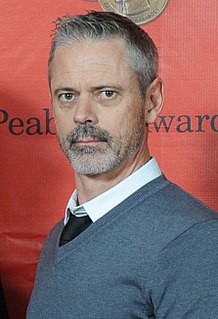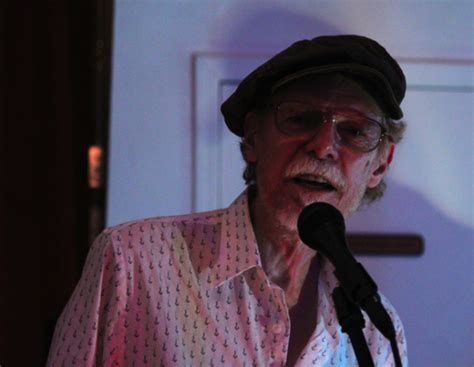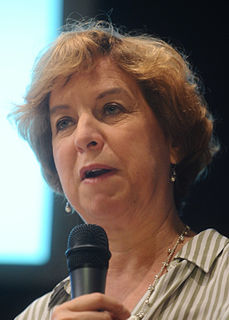A Quote by Wadah Khanfar
When an international news organization covers a story in Somalia, Yemen, Sudan or wherever, they will fly a crew to go there, spend a few days, interact with some officials and analysts, most of the time English-speaking elite, and file the story and go home.
Related Quotes
Some go to church to take a walk; some go there to laugh and talk. Some go there to meet a friend; some go there their time to spend. Some go there to meet a lover; some go there a fault to cover. Some go there for speculation; some go there for observation. Some go there to doze and nod; the wise go there to worship God.
To be a good director, you have to spend a lot of time on actual sets, but today, there's a lot of people who spend a lot of time in dark rooms writing a script, and they'll go in and tell the story to some suit at a studio who says, 'Okay, this is great, let's go.' But that doesn't necessarily mean you know what to do once you're on set.
ISIS is going to devolve from physical political emirate, into what Al Qaeda was, which is a covert organization which will go completely underground. But to communicate and to keep propagating their propaganda, after everyone is dead, all their fanboys and whatever surviving leadership that has been operating outside the war or operates in Somalia, Yemen, and Afghanistan, they will form what we call a "ghost caliphate."
Every story is flawed, every story is subject to change. Even after it is set down to print, between covers of a book, a story is not immune to alteration. People can go on telling it in their own way, remembering it the way they want. And in each telling the ending may change, or even the beginning. Inevitably, in some cases it will be worse, and in others it just might be better. A story, after all, does not only belong to the one who is telling it. It belongs, in equal measure, to the one who is listening.
You have to be dynamic. You have to be able to change. So a lot of times we'll go to a country or go meet people, and then while we're there, the story changes and you have to be able to go with that. And then the story comes out in the editing room, which is a very documentary sort of process - not how news works. So that's different.
I would like to get out to the region in the Caspian sea. I would like to go there. I would like to get to Darfur. I would like to get to Khartoum in Northern Sudan. I would like to get to Zimbabwe. I would like to go back to North Korea, if I could. I would like to go to Yemen. I would like to get to Kashmir. Most of those destinations I will get to.
Loneliness is the inability to share your story, your Unique Self story. For most people, the move beyond loneliness requires us to share our story with a significant other. For the spiritual elite, the receiving of our own story - and the knowing that it is an integral part of the larger story of All-That-Is - is enough. But for most human beings, loneliness is transcended through contact with another person.
What goes wrong in Washington, D.C. I think some senators and congressman and media people go to Washington, D.C., and they get sucked into this vortex and they lose touch with what's happening out in the rest of the country. That's the problem. If these elected officials refuse to lose touch with their constituents, if they spend more time outside D.C. than inside, if they spend more time talking to constituents rather than pandering to the D.C. elite press corps, I think they're safe.









































